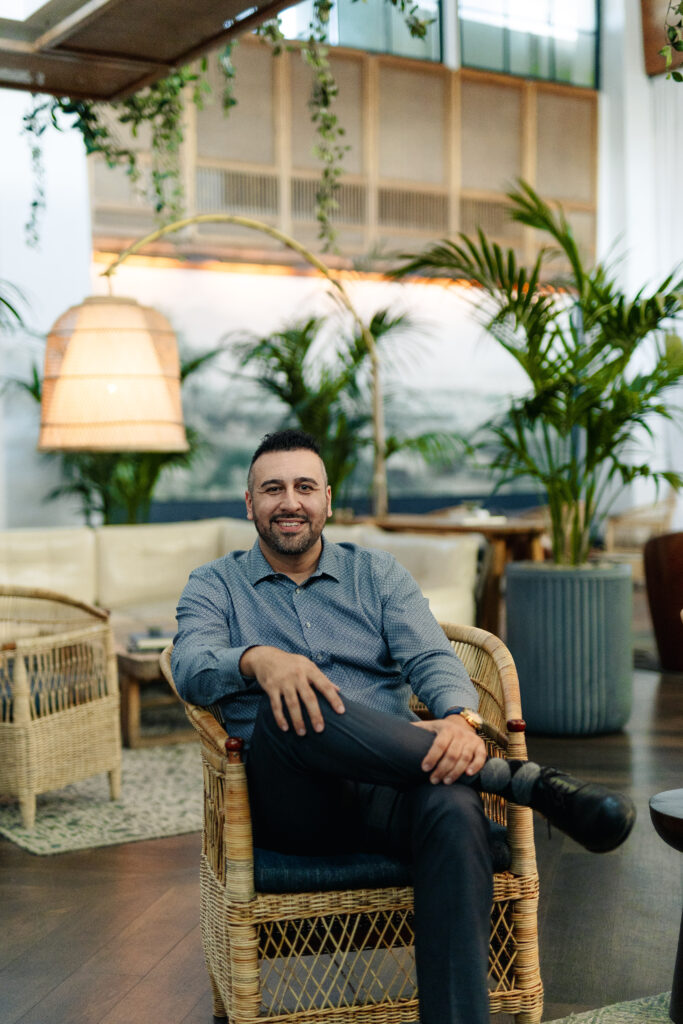How We Overcome Problems as a Team Through Strong, Effective, and Direct Communication
In any team environment, the ability to effectively navigate challenges and solve problems is paramount. Whether you’re working on a group project, collaborating with colleagues, or mentoring others, the key to overcoming obstacles often lies in how well the team communicates. Strong, effective, and direct communication are the cornerstones of problem-solving and teamwork. As a mentor at Mentorship is Beautiful, I’ve witnessed firsthand how teams that embrace open, honest dialogue are better equipped to face challenges and find creative solutions together. Here’s why communication is so crucial to overcoming problems as a team—and how we can cultivate it.
1. Clear Communication Aligns Team Goals and Expectations
One of the first steps in overcoming any problem as a team is making sure everyone is on the same page. Strong communication ensures that team members have a clear understanding of the problem at hand and the desired outcome. Without clear communication, misunderstandings can arise, leading to misaligned goals or duplicated efforts. Whether it’s addressing a setback, working through a misunderstanding, or brainstorming solutions, effective communication sets the stage for everyone to be aligned on what needs to be done and why.
As a mentor, I often emphasize the importance of setting clear expectations at the start of any collaborative effort. When all team members understand the goals, timelines, and roles, it minimizes confusion and helps avoid frustration later on. Communication isn’t just about what is said; it’s also about making sure everyone hears and understands the message in the same way. The clearer we are with each other, the more efficiently we can address challenges and move toward a solution.
2. Direct Communication Helps to Address Issues Early
One of the most effective ways to solve problems as a team is through direct communication. When team members are able to speak candidly about issues, they can address potential roadblocks early on, rather than letting small problems snowball into bigger ones. Open, honest dialogue fosters an environment where team members feel comfortable sharing concerns, asking questions, and offering feedback.
I’ve often seen teams get stuck in unproductive cycles simply because individuals were hesitant to speak up or were unsure how to express their concerns. But when there is a culture of direct communication, the team can proactively identify challenges and brainstorm solutions before they become insurmountable. Direct communication also helps to prevent misunderstandings or assumptions, which can easily derail a project. By addressing issues as soon as they arise, teams can remain agile and focused on finding solutions, rather than getting bogged down in problems.
3. Effective Communication Builds Trust and Encourages Collaboration
Effective communication is not just about delivering information—it’s about fostering an environment of mutual respect and trust. When team members communicate openly, actively listen to one another, and respect differing opinions, it creates a sense of collaboration. In such an environment, individuals are more likely to contribute their ideas and expertise, which can lead to innovative solutions to problems.
For a team to overcome obstacles, collaboration is key. This means being able to openly discuss differing perspectives and coming together to find common ground. Communication plays a central role in this process by ensuring that all voices are heard, that feedback is given constructively, and that everyone feels valued. Strong communication makes it clear that the success of the team is the shared responsibility of everyone involved, which motivates team members to contribute fully and work together toward common goals.
4. Active Listening Is Key to Problem-Solving
Effective communication is a two-way street, and it isn’t just about expressing ideas clearly—it’s also about listening attentively. Active listening is crucial for understanding not only the problem but also the perspectives of each team member. When people feel heard, they’re more likely to engage in meaningful conversations that lead to creative solutions.
Active listening involves focusing on the speaker, asking clarifying questions, and paraphrasing what’s been said to ensure understanding. It also requires an open mind, as listening actively means being receptive to ideas that might be different from your own. When teams prioritize active listening, they create an atmosphere where everyone can contribute freely, and diverse ideas can come together to form a cohesive strategy for overcoming challenges.
5. Communication Helps Navigate Conflict and Strengthens Team Dynamics
No matter how effective a team is, conflict is inevitable. The key to overcoming problems in a team setting is not avoiding conflict, but rather managing it through healthy, direct communication. When conflicts arise, it’s important for team members to express their viewpoints respectfully and work toward finding common ground. Good communication helps teams navigate disagreements without letting them fester or create division.
In fact, when handled properly, conflict can strengthen team dynamics. By addressing differing viewpoints and working through difficult conversations, teams can refine their strategies and develop a deeper sense of understanding and respect for one another. Conflict resolution through communication can also improve problem-solving skills, as it encourages team members to think critically, empathize with one another, and find solutions that satisfy the needs of the group.
In Conclusion: Communication is the Heart of Teamwork
Ultimately, strong, effective, and direct communication is the bedrock upon which successful teams are built. It fosters alignment, addresses issues promptly, builds trust, encourages collaboration, and helps navigate conflict—all of which are essential for overcoming problems and achieving collective success. As a mentor, I see how teams that prioritize communication are better equipped to face challenges head-on and find creative solutions together. By embracing open and honest dialogue, teams can create an environment where every member feels empowered to contribute, and problems become opportunities for growth, innovation, and stronger collaboration.
Effective communication is more than just a skill—it’s a mindset and a practice that can transform how teams operate and succeed. Through clear, direct communication, we can overcome even the most difficult challenges, united in our shared goals and commitment to one another.







